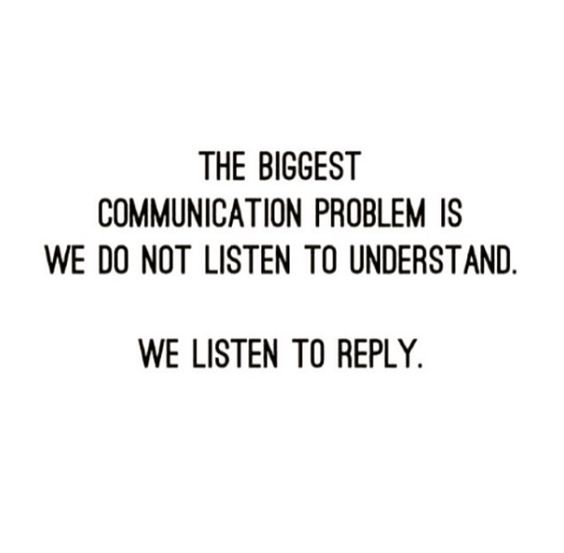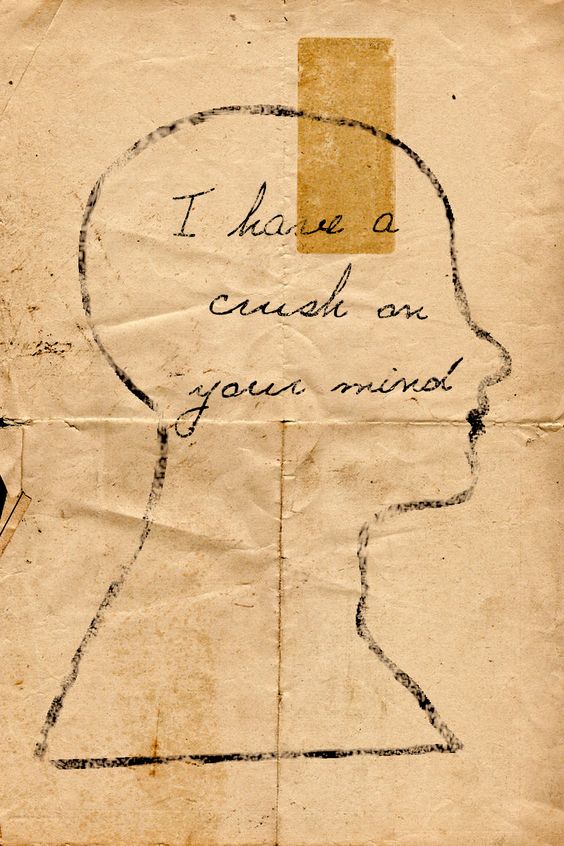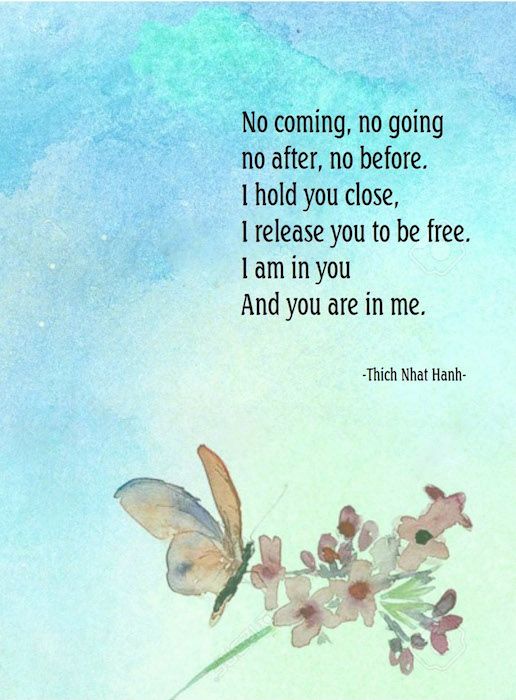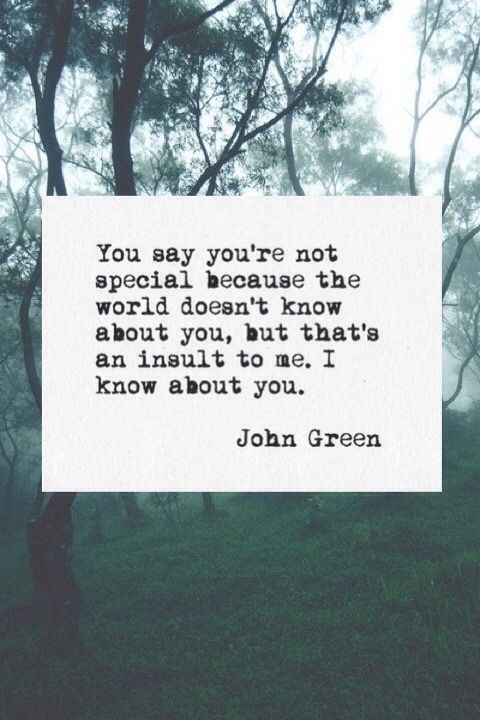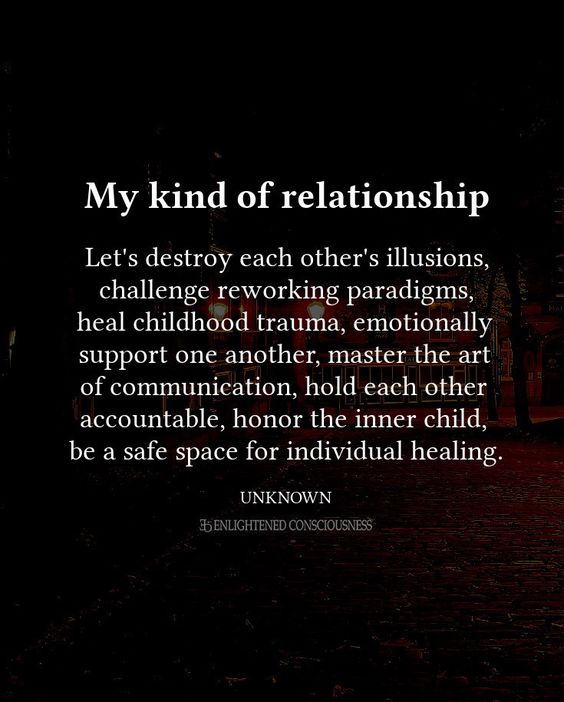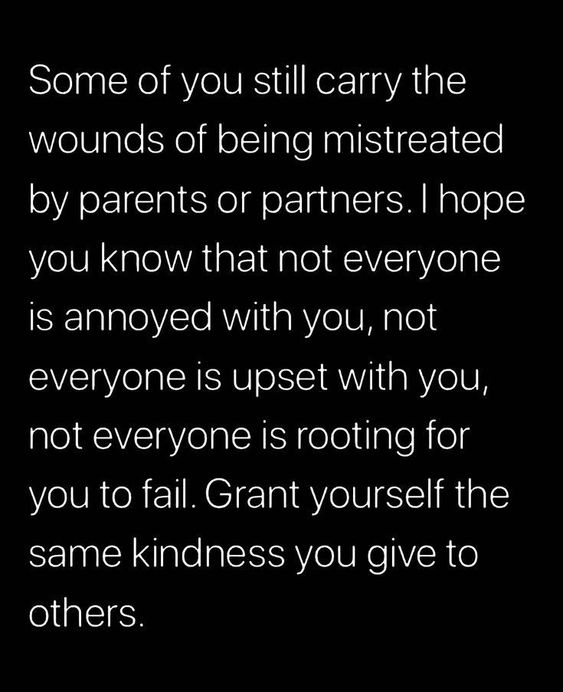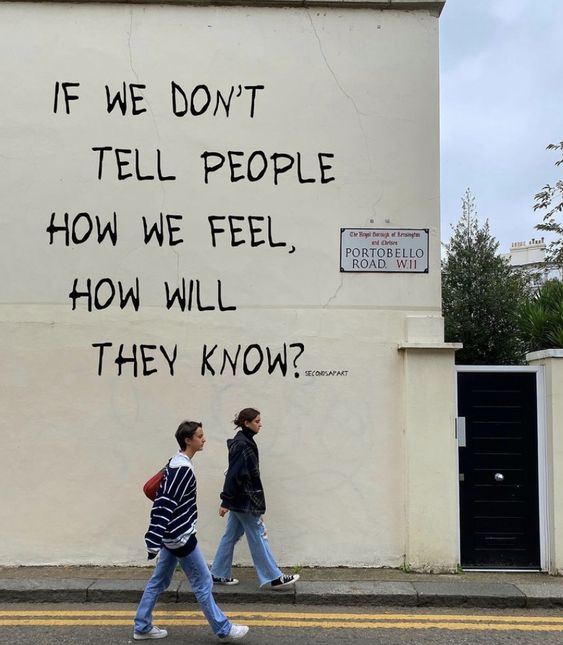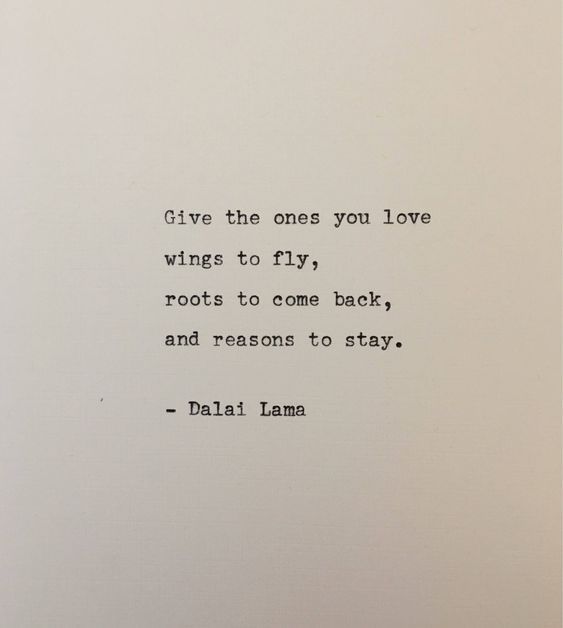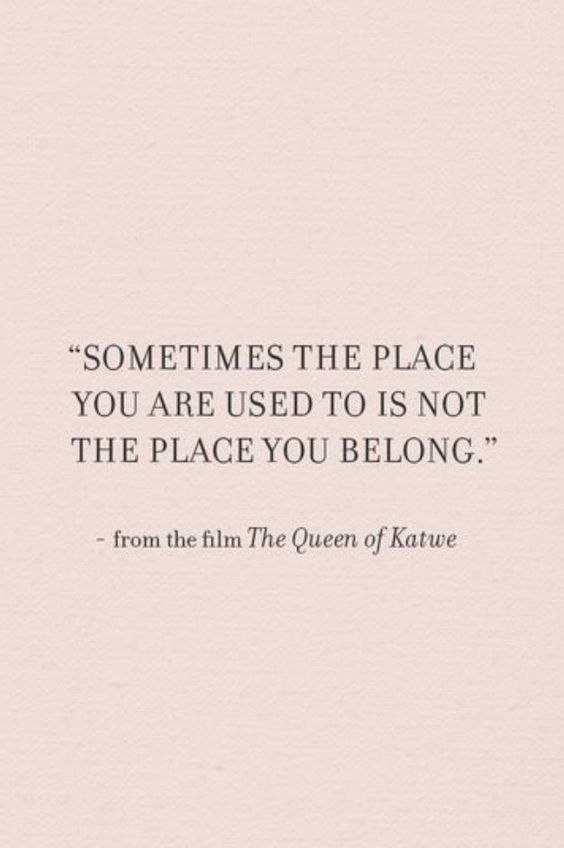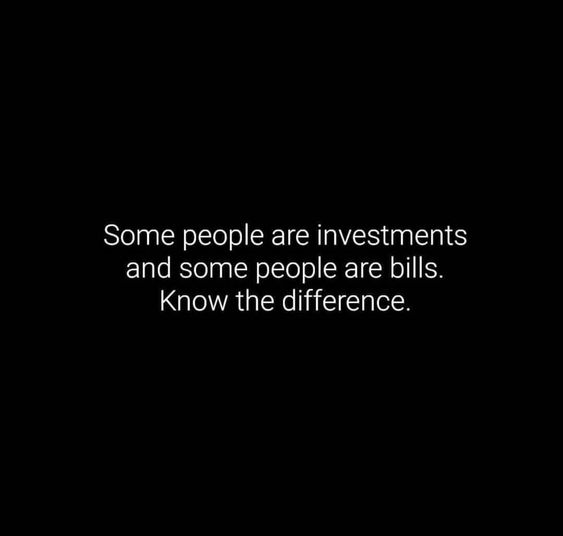“You’ve got stuff in your head that no one else has got. And you’ve got stuff in your head that you think you bear alone, but I PROMISE you share with so many. Only way to know the difference is to spill it out. On paper, into a mic, to a shrink, onto a canvas.”
Lin-Manuel Miranda, Gmorning, Gnight
“Siddhartha listened. He was now listening intently, completely absorbed, quite empty, taking in everything… He could no longer distinguish the different voices—the merry voice from the weeping voice, the childish voice from the manly voice. They all belonged to each other… They were all interwoven and interlocked, entwined in a thousand ways. And all the voices, all the goals, all the yearnings, all the sorrows, all the pleasures, all the good and evil, all of them together was the world. All of them together was the stream of events, the music of life… when he did not listen to the sorrow or laughter, when he did not bind his sound to any one particular voice and absorb it in his Self, but heard them all, the whole, the unity, then the great song of a thousand voices consisted of one word: Om—perfection.”
Hermann Hesse, Siddhartha, via Sunbeams (Page 128)
“Lonely people talking to each other can make each other lonelier.”
Lillian Hellman, The Autumn Garden, via Sunbeams (Page 125)
“She laughed for his sake, something she’d never done. Giving away another piece of herself just to have someone else.”
Delia Owens, Where The Crawdads Sing (Page 177)
“The lonely became larger than she could hold. She wished for someone’s voice, presence, touch, but wished more to protect her heart.”
Delia Owens, Where The Crawdads Sing (Page 146)

